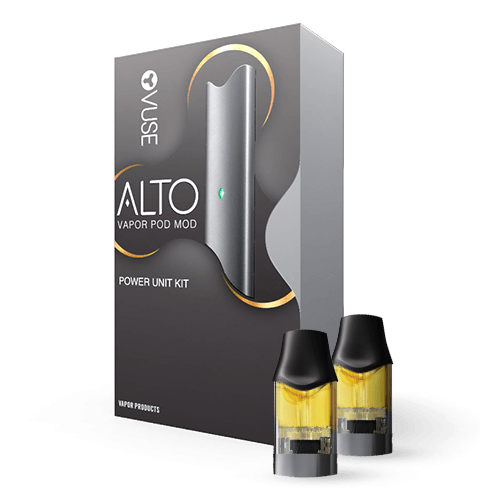

And considering NJOY’s well-resourced applications, suspicions will increase that agency is enacting a de facto flavor ban. No flavored product has yet received FDA authorization. (NJOY sells much more menthol-flavored products than it does tobacco.) The agency also denied some other flavored Ace pods, including watermelon- and blueberry-flavored cartridges. Many industry observers do not expect those decisions until after the agency imminently publishes a rule that would ban the sale of menthol combustibles. Thousands of smaller companies, with fewer resources behind their submissions, have meanwhile received marketing denial orders (MDOs) under an allegedly “arbitrary and capricious process,” sparking a number of court cases.Īs the FDA noted, the PMTAs for two menthol-flavored Ace pods are still under review. Meanwhile, Juul and Vuse’s Alto device remain under review, and many observers suspect the FDA is evaluating the PMTAs of the largest companies in the order in which they were received.

Both, too, have financial ties with Big Tobacco NJOY is the first independent vapor company to receive any sort of FDA authorization. The FDA’s previous two authorizations- for Logic e-cigarettes and the outdated Vuse Solo -were for products that few people actually use. Tobacco reduction proponents will broadly welcome the news. Reynolds, a subsidiary of British American Tobacco-near 30 percent.Ĭonsidering NJOY’s well-resourced applications, suspicions will increase that agency is enacting a de facto flavor ban. Juul tends to hover around 38 percent and Vuse-owned by R.J. NJOY can now continue to legally sell its NJOY Ace device without fear of it being removed from the market, along with three tobacco-flavored pods: Classic Tobacco in 2.4 percent and 5 percent nicotine strength, and Rich Tobacco in 5 percent.Īccording to Nielsen and analyst reports, which measure financial data typically from convenience stores (and not vape shops), NJOY is the third-largest vape manufacturer in the United States after Vuse and Juul, holding a little more than 3 percent of the market. Decisions were expected in September 2021 as late as this move comes, it’s an official endorsement of sorts of vaping as a harm reduction alternative to cigarettes, and offers some hope to former smokers who rely on far-less-harmful vapes. It is the most significant positive decision to date on the premarket tobacco product applications (PMTAs) that all vapor companies had to file with the agency. On April 26, the Food and Drug Administration (FDA) authorized several NJOY Ace vaping products.


 0 kommentar(er)
0 kommentar(er)
